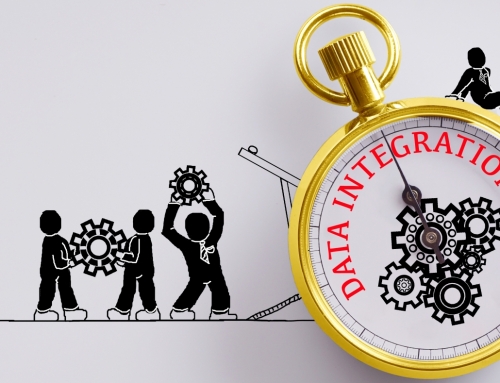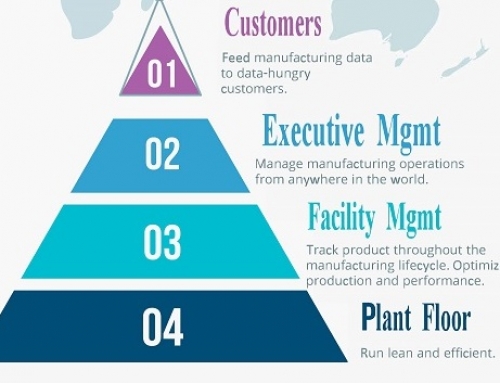Conperio.com – When our clients ask us to help them choose an ERP, they often also ask us to partner to help with their ERP implementation. In some cases, our clients will choose their ERP software at least partially based on the competencies of the implementation partner that they are considering. For example, if we assume that functional fit is roughly equivalent, choosing SAP All-in-One or Oracle E-Business Suite; the same can be said when considering Microsoft Dynamics, Epicor, or any other ERP system for that matter.
The bigger question is: what exactly constitutes a “good” system integrator or implementation partner? For some of our clients, it equates to local presence. To others, it has to do with the number of certifications that the average consultant has or perhaps just a general comfort level or feel they get when meeting with the company. However, we have found that many organizations choose their system integrator for the wrong reasons. While the number of installations, certifications, and reference-able customers are all important factors, they are just a handful of the many variables that should be considered. It gets down to one simple question: do you want to hire a systems integrator to help you implement software, or do you want a higher-value ERP consultant that will help you translate the implementation in a way that improves your business? Those are two very different approaches to implementing ERP/MRP systems and can be the difference between ERP success and failure.
Below are what we consider to generally be the most important criteria when selecting an ERP system integrator, implementation partner or consulting firm:
- Knowledge of the selected ERP system. While it may seem fairly obvious, choosing a firm that has a good understanding of the most recent version of the software is critical. The firm and/or team you are considering should have strong implementation experience and certifications related to the specific product and version that you are implementing.
- Consulting methodology and tool-set.Although the team and system integrator’s track record and experience is important, it is not nearly as important as the toolset and methodology used to implement the software. Too many system integrators focus on staffing hired guns that are gurus in their respective products, but couldn’t follow or replicate a process to save their lives. System integrators or consulting firms without methodologies typically equate to inconsistency and risk, regardless of how “experienced” the individuals.
- Focus on the non-technical ERP implementation success factors. When evaluating a system integrator or consultant’s methods, it is important to look for not only tools that pertain to how to configure the software and train the core team, but also the non-technical aspects of the implementation. Again, all the software and technical knowledge in the world won’t make a successful implementation without these more important non-technical factors.
The differences between traditional ERP system integrators and more business-focused consultants are subtle, but extremely important. Focusing too much evaluation time and importance on the former will expose your ERP implementation to significant risk, while focusing on the latter will ensure that you find a firm that will help you implement your chosen ERP system in a way that results in better user adoption, more efficient business processes and higher realized business benefits.








